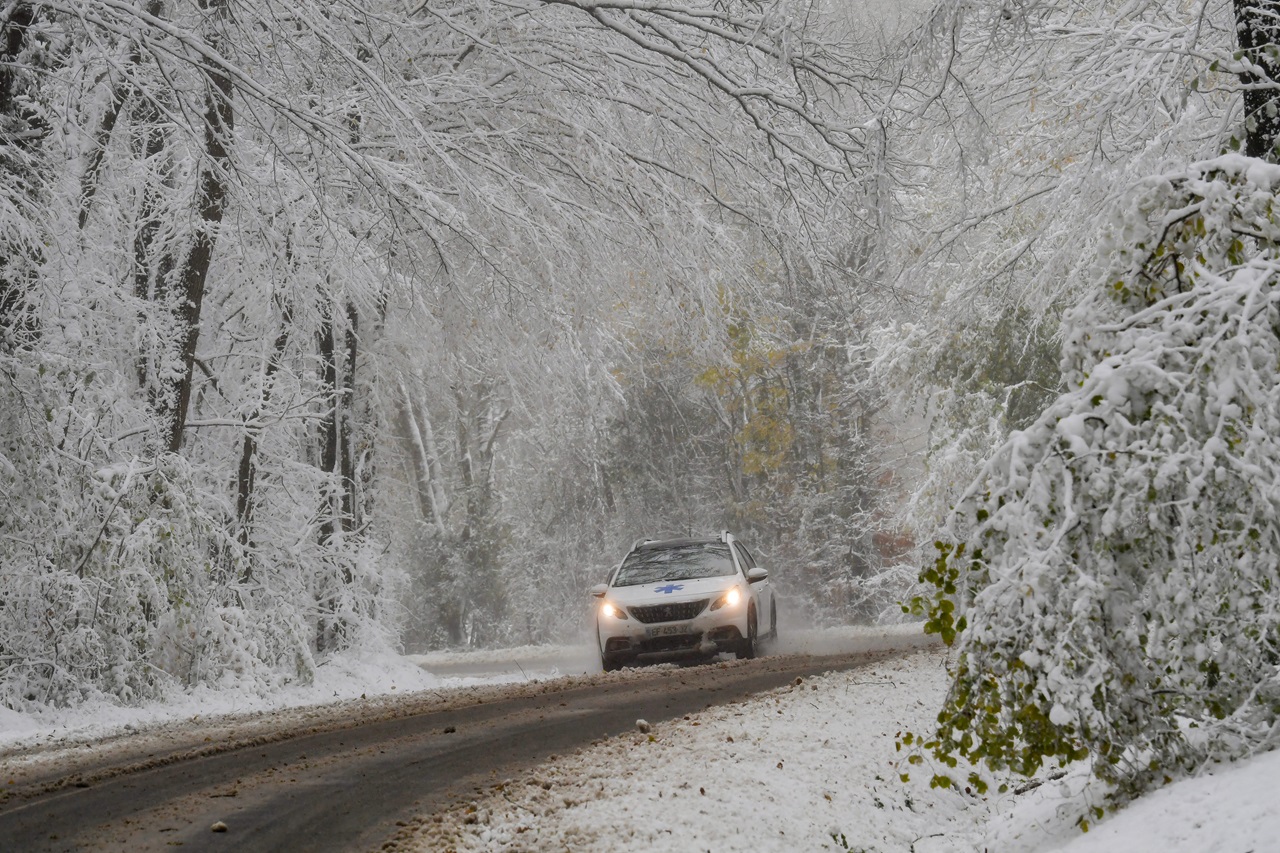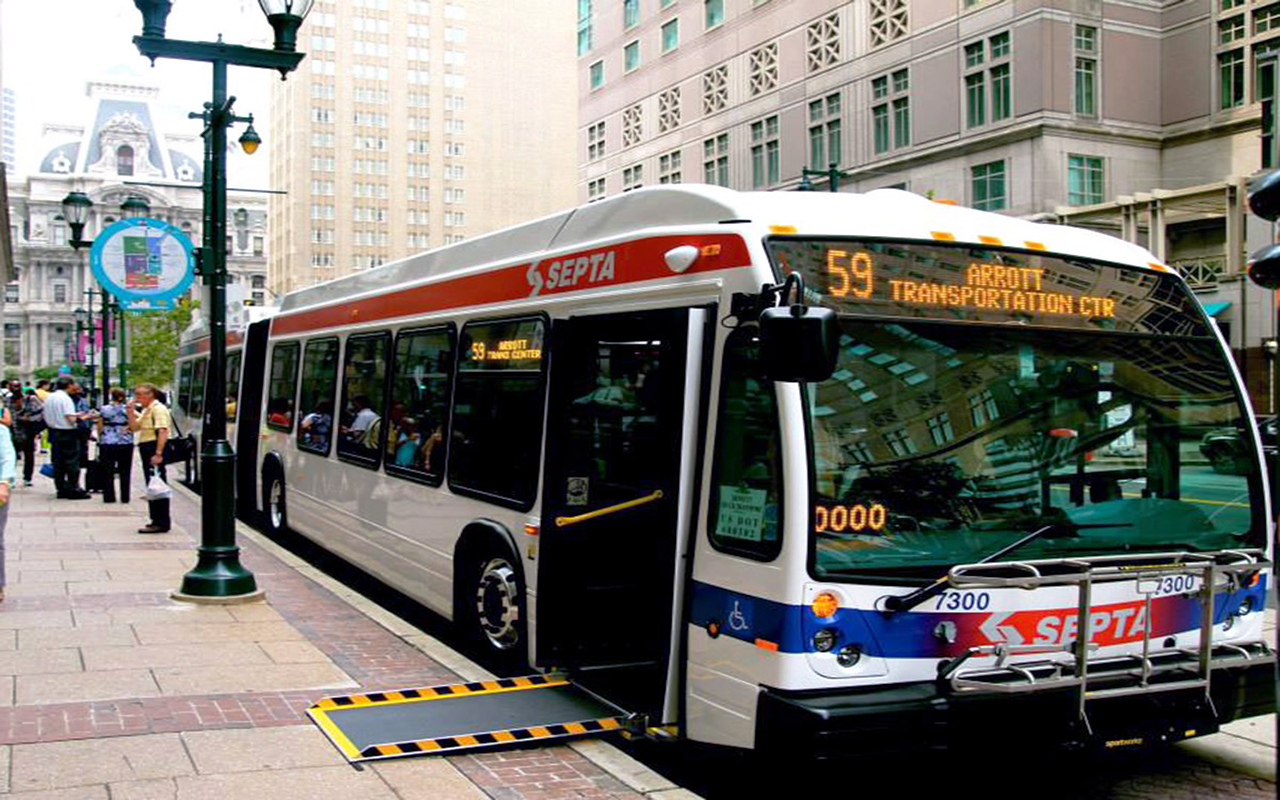
Casey pushes for additional rail safety measures and first responder training
“It is important that the Federal Government does their job when it comes to making sure that the trains that come through our communities, if there is a…
As crude train derailments continue to affect the Southeastern Pennsylvania region, Senator Bob Casey announced his support for a bill that calls for new resources and training for first responders who handle oil derailments.
“It is important that the Federal Government does their job when it comes to making sure that the trains that come through our communities, if there is a derailment, that there is an action plan ready” Casey said. "What we can't do, though, is wait for the day when something terrible happens for us to act."
During a press conference at Philadelphia’s City Hall, Casey was joined by Councilman Kenyatta Johnson, who introduced a resolution urging new and tougher federal regulations for trains carrying crude oil.
Casey highlighted a number of incidents in the state where there had been derailments, three of them in Southwest Pennsylvania. “In Philadelphia in January 2014 seven freight cars – six of them containing crude oil – derailed into the Schuylkill River. Just a couple of weeks ago, 11 tanker cars with crude oil derailed as well.”
Although there was no oil spilled or injuries reported from the bridge derailment, activists and local leaders worry for future accidents. "I thank God it was not a catastrophe. Not only an environmental catastrophe, but a catastrophe where there was a loss of life," Johnson said.
Currently two major freight carriers (CSX and Norfolk Southern) move from 45 to 80 oil trains through the city each week, positioning Philadelphia in the highest category of weekly average number of crude oil trains.
The RESPONSE Act would establish a subcommittee under FEMA’s National Advisory Council to address training of first responders, particularly in smaller communities that usually lack resources. The subcommittee would be in charge of creating a new set of recommendations for training and resources that would then be presented to Congress within 12 months.
The RESPONSE Act, which stands for Railroad Emergency Services Preparedness, Operational Needs, and Safety Evaluation, was re-introduced by North Dakota Sen. Heidi Heitkampt this month after several derailments in her state's Bakken Shale.










LEAVE A COMMENT:
Join the discussion! Leave a comment.